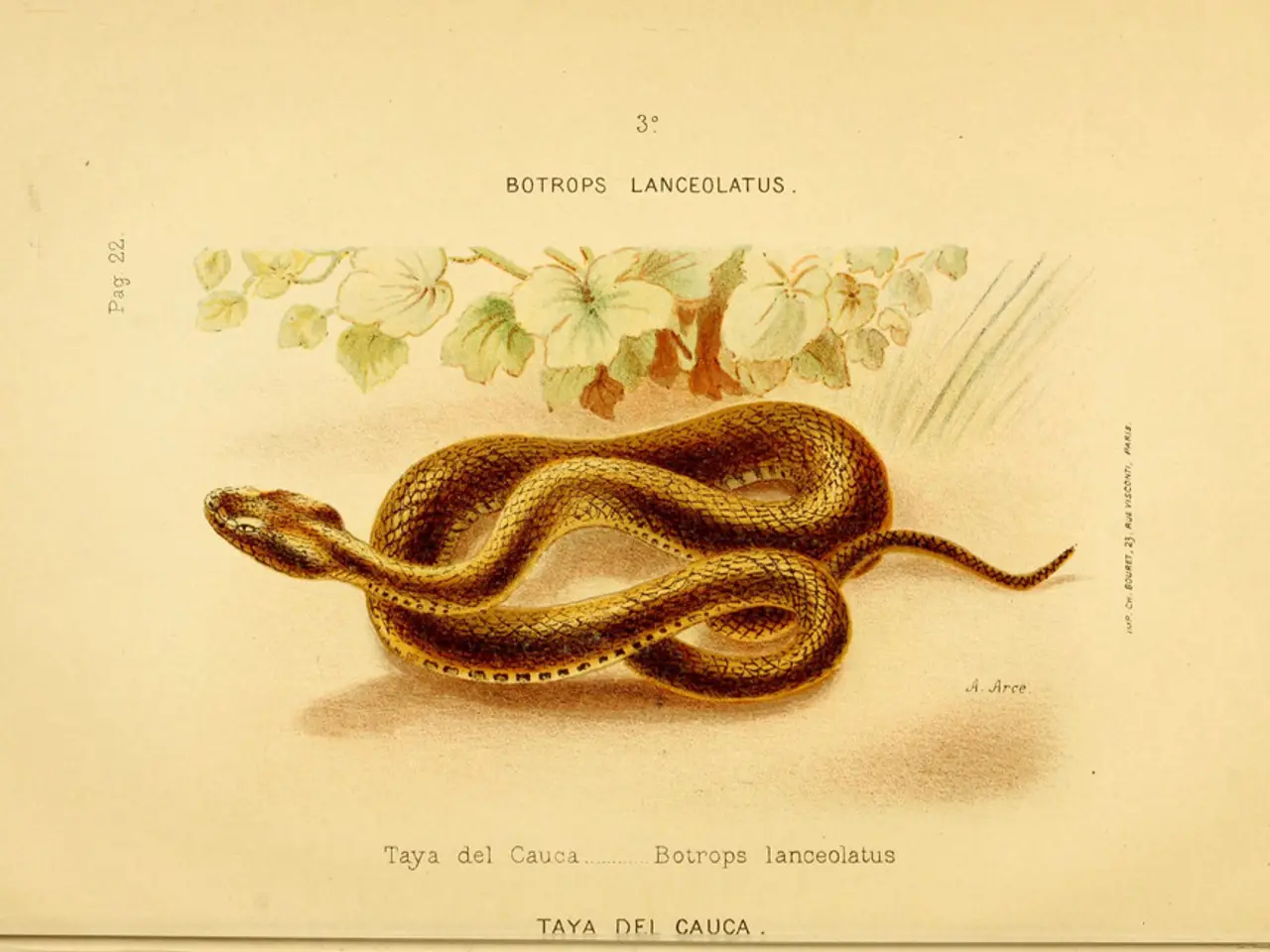Streamlined Software Dependency Organization via Poetry
In the world of Python development, managing dependencies and ensuring a consistent environment can be a challenge. Two tools that simplify this process are pyenv, a Python version management tool, and Poetry, a robust dependency and packaging manager.
To set up a project using these tools, follow these steps:
- Install pyenv: First, install pyenv to manage multiple Python versions on your system. You can find installation guides tailored for your operating system here.
- Install the desired Python version with pyenv: Use pyenv to install the specific Python version you want for your project:
This sets the Python version locally in your project directory.
- Install Poetry: Once your pyenv Python environment is active, install Poetry (for example, via pip or the official recommended installer):
- Configure Poetry to use the pyenv Python: When creating a new Poetry environment, specify the pyenv-managed Python interpreter as the base interpreter. Poetry will then create a virtual environment using this Python version.
- Initialize your project with Poetry:
or create a new project:
- Install dependencies and manage the environment via Poetry: Poetry automatically creates and activates a virtual environment using the Python version managed by pyenv. It isolates dependencies per-project using the selected Python version.
- Using Poetry environments in IDEs: Editors like PyCharm or IntelliJ IDEA allow you to configure the Python interpreter by selecting Poetry environments created with pyenv’s Python interpreters, ensuring consistency in development.
By combining pyenv and Poetry, you benefit from fine-grained control over Python versions alongside robust dependency and packaging management. This integration makes it easier to create reproducible Python project workflows.
Here's an example workflow:
This workflow ensures you use the exact Python version managed by pyenv, while Poetry manages isolated, reproducible virtual environments with dependency resolution, packaging, and publishing.
It's worth noting that Poetry's environment is usually isolated and will be created under , but you can configure it to create an in-project environment with .
To generate the lock file, run the command . To use the environment (run scripts, etc.), run the command , which activates the environment, and users can work as usual.
Pyenv allows users to use different Python versions for different projects, preventing pollution of the system's Python installation. The author suggests using pyenv, a Python installation manager, to manage different Python versions on a system.
In conclusion, the Python packaging and dependency manager Poetry, combined with pyenv, offers a powerful solution for managing Python projects, ensuring reproducible environments and simplifying dependency management.
Data-and-cloud-computing technology plays a crucial role in this process, as Poetry, a dependency and packaging manager, leverages the cloud to store and sync project dependencies, ensuring consistency across different systems and environments.
To further streamline the development workflow, technology like data-and-cloud-computing can be employed, allowing Poetry to seamlessly cache dependencies and execute updates in the background, thus improving the efficiency and scalability of your Python project management.




